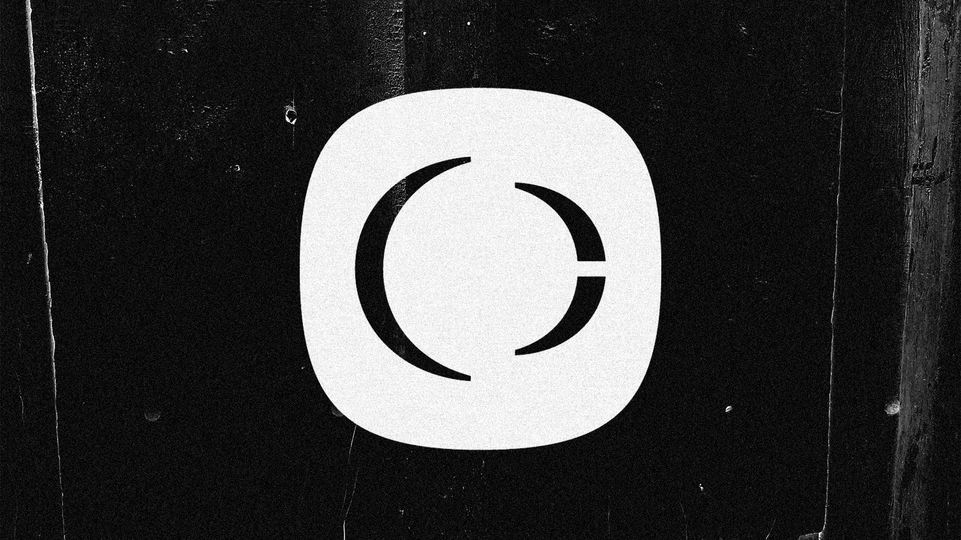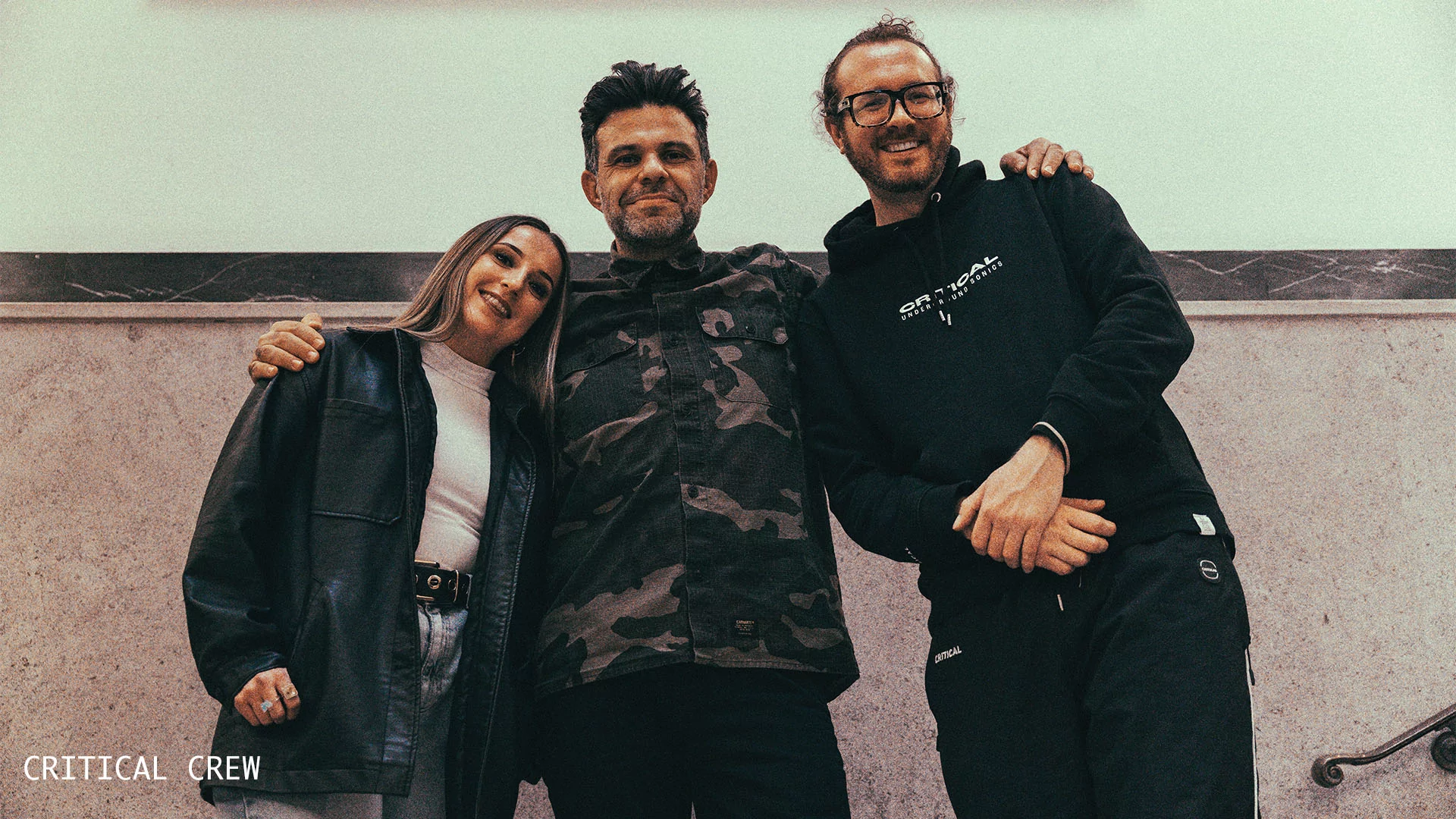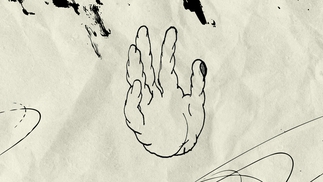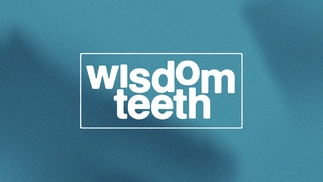The Sound Of: Critical Music

As the underground drum & bass label celebrates its 20th anniversary, Critical Music founder Kasra records a breakneck mix of tracks from its catalogue, and chats to Jake Hirst about the imprint’s history and constant evolution
“I started the label as a hobby and didn’t know where it would take me. So when I look back and think about everything we’ve done, it’s overwhelming,” says Critical Music founder Kasra. We’re sat on a call discussing the drum & bass label as it celebrates its 20th anniversary, and it’s got him in a reflective mood — quite rightly so. We’re talking about a label that has spent 20 years representing underground d&b with unwavering passion; an imprint that continues to release authentic music, despite increasing pressure for independent labels to follow the mainstream.
For this reason, you’d think approaching Critical’s 20th anniversary would have been an achievement Kasra felt giddy with excitement about, but this wasn’t the case for the label boss, who was initially apprehensive to promote the milestone. “When we were heading towards 20 years, I wasn’t sure if we should bother making noise about it,” he admits. “In a world obsessed with the new, I wondered whether putting an age on the label was a good idea.”
It’s a surprising revelation. Maybe it’s due to Kasra currently feeling the dizzy effects of his first bout of Covid-19, or maybe it’s just the protective fatherly instinct of a man who has nurtured Critical from a baby to a fully-grown label sitting proudly among the tastemakers of d&b. “Everyone suggested I was mad,” he jokes. “I then looked at what we were doing and realised that through the artists we work with, the events we do, and the music we release, it keeps us at what I consider to be the cutting edge of underground d&b.”
‘Forward-thinking underground sonics’ has been Critical’s mantra for years, but identifying what defines the Critical sound is tricky, as the label isn’t one to push a solitary style. It’s a sense of unpredictability that “makes it exciting for us,” Kasra says. “It could be a dancehall-influenced Sam Binga tune, a tech-influenced Halogenix tune, or a gabber-influenced Enei tune. It’s never about the sub-genre, it’s a case of — is it communicating something we’re excited about?”
It’s an attitude reflecting the label’s personality as an eclectic imprint never afraid to be different. One that likes to “keep people second-guessing” by avoiding trends and steering away from becoming a repetitive “production line”. Critical’s ambition to tread its own path stems back to its origins in 2002, when a then-teenage Kasra was infatuated with grunge — a new, underground form of American music in the ’90s, infusing metal and punk rock.
“There was a similarity to d&b in the way that world made and dealt with the release of music,” he remembers. “It was about creating noise for vinyl, putting it out and seeing what happened.” This sense of “DIY, independent spirit” formed the foundations of what Critical is today. At a time when “d&b felt like a closed shop”, Kasra launched Critical with a left-field ‘Five Faces/ Evolve’ single from DPHIE (the first incarnation of Cyantific).
“It was an experimental release, and we struggled to get people to play it,” Kasra recalls. Critical still managed to sell a few hundred copies — something he laughs at, because “it’s hard to even do that now”.
Creating iconic records that leave an impression is a feat Critical has built a reputation for over time — just look at Enei’s ‘Sinking’ and Halogenix’s ‘Independent’. It’s a vision for the label inspired by Kasra’s early love of 31 Recordings and Metalheadz. “They had a mark of quality, and that’s the bar I set for Critical,” he says. “I wanted it to be a case of — ‘if you like underground d&b, then you’re going to love what we do’.”

“We’re constantly looking to do things better, because what artists need from a label in 2022 is different to what they needed in 2002” - Kasra
It wasn’t until the release of Calibre’s 2003 ‘Rockafella/Barca’ single that the scene began noticing Critical. “It was a coup for us to release with Calibre,” Kasra mentions. “Back then, there was a label starting every 10 minutes. It was hard to get people’s attention. But that record made people realise we weren’t just another label who was going to put a few tunes out then disappear.”
That single paved the way for Critical to help build the careers of artists including Enei, Mefjus, Sam Binga, Halogenix and Kasra himself, from the label’s debut compilation album, ‘All Sounds Electric’ (2007), to the launch of Critical Binary — a release platform for up- and-coming artists. But it’s Critical’s ‘20 Years Of Underground Sonics’ album this year that Kasra is especially proud of.
Featuring established faces like Calibre, Enei and Ivy Lab, alongside newer additions including En:vy, Cauzer and ABLE, the release highlighted the diversity of talent and styles Critical has worked with. “We wanted to showcase the essence of what the label is as it stands at 20 years, while also looking to the future,” Kasra points out. “It took 18 months to put together, because I didn’t want any half measures.”
A dedication to getting things right has been the Critical way during its rise — and not just in terms of releases. Critical Sound club-nights have demanded the same mark of quality since the inaugural one 12 years ago in fabric’s room three, and the 20 Years Of Underground Sonics celebration at Printworks this year was the pinnacle of this aspiration. Over three years in the making (partly due to the pandemic), it was the biggest show Critical has ever done, and it sold out the 6,000-cap venue.
“It’s hard to explain just how special that event was,” Kasra says, before pausing to reflect. “It’s not expected for a label releasing the music we do to ever get the opportunity to perform on a platform like Printworks. We didn’t compromise on the line-up. We booked exactly who we wanted to.”
It was an emotional occasion for Kasra, who was “bawling” his eyes out after his set. It could be because the show was a long- awaited spectacle for a label 20 years deep, or it could be the fact MC GQ brought Kasra’s dad out on stage — the same person who believed in his son’s label dream enough to give him the money to launch it. As Kasra remembers, “I was working a crappy job when I started the label and my dad lent me the money to kick it off, so it was nice for him to see that 20 years later it paid off.” But Kasra can’t help laughing, before admitting “I still haven’t paid him back!”
Aside from the music, one of the defining elements of that show was the visuals. Like the line-up, they had to be the best possible representation of the brand, and it’s a stance Kasra has taken towards Critical’s entire visual presence over the years — from the merch to the release artwork, to the 2022 re-brand.
“I’ve always felt everything should be presented the best it can be, with the music tying into the artwork and its presentation online,” Kasra mentions. “We make sure the artists share the same vision as us, because it’s important to understand how best to push their music.”
Providing artists with the best experience possible is what encourages them to flood back to Critical each year, and Kasra explains it will continue to be the driving force behind the imprint’s direction for the next 20 years. “Everything we do comes back to giving artists the best platform to succeed. We’re constantly looking to do things better, because what artists need from a label in 2022 is different to what they needed in 2002,” he says. “Looking back, the thing I’m proudest of is helping artists build something from being a hobby to being what they do every day. I feel an overwhelming sense of pride knowing that something I started off doing in the evenings has ended up launching people’s careers and taking us around the world. It’s a special feeling.”





